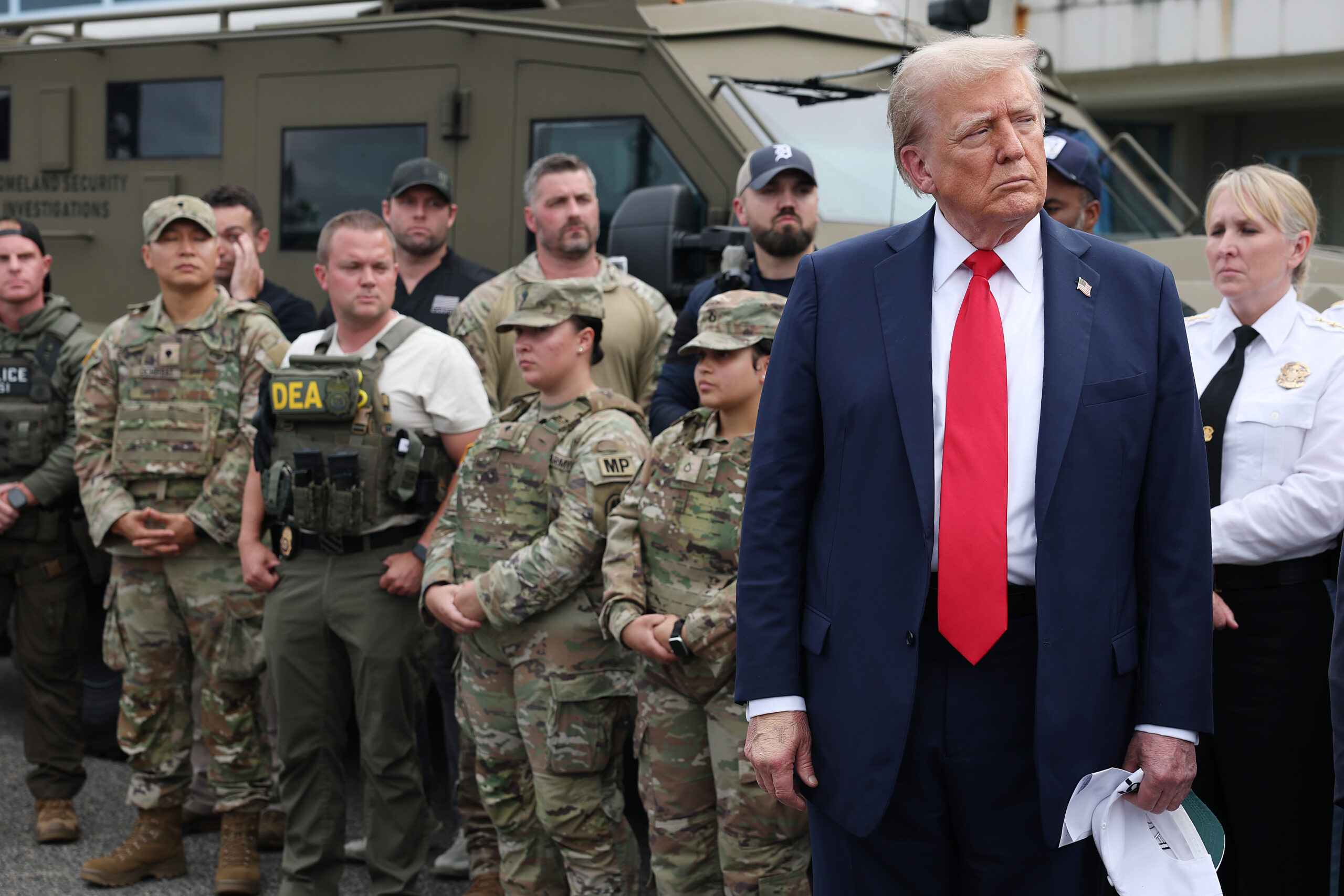President Donald Trump publicly dismissed the latest demands from Democratic leaders regarding potential government shutdown negotiations. This response came after prominent members of the Democratic Party outlined their conditions centered around health care funding, emphasizing the urgency of the matter in light of an impending budget deadline.
Trump’s remarks reflect escalating tensions between the two parties as Congress approaches the end of the fiscal year. In a statement delivered at the White House on October 9, 2023, he advised Republicans to “not even bother dealing with them,” indicating his frustration with the Democrats’ position. This sentiment underscores a significant rift in negotiations that could impact millions of Americans who rely on federal health care programs.
The Democratic leadership, including House Minority Leader Hakeem Jeffries and Senate Majority Leader Chuck Schumer, has asserted that any budget negotiations must address critical health care issues. They argue that adequate funding is essential for programs such as Medicaid and Medicare, which provide vital services to many vulnerable populations. The Democratic Party’s ultimatum highlights a strategic approach to ensure health care remains a priority in budget considerations.
Negotiations are set against the backdrop of a looming government shutdown, which could occur if a budget agreement is not reached by the end of the month. Federal agencies are already preparing for potential disruptions, which could affect services and employment for countless federal workers.
In his remarks, Trump reiterated his stance on fiscal responsibility, insisting that any budget deal must prioritize economic growth and limit government spending. His comments suggest a willingness to engage in negotiations but only under terms that align with Republican fiscal objectives.
The standoff over health care funding is not new. It has been a recurring theme in U.S. politics, often becoming a focal point in budget discussions. As both parties navigate the complexities of the budget, the implications for health care access and funding remain critical for American citizens.
With the deadline approaching, both parties face mounting pressure to reach a compromise. The outcome of these negotiations will significantly influence the federal budget and health care policies moving forward. As discussions continue, the political landscape remains tense, with the potential for significant ramifications should a government shutdown occur.
The situation is evolving, and stakeholders across the spectrum are closely watching developments. The next few weeks will be pivotal in determining the future of health care funding and government operations in the United States.








































































